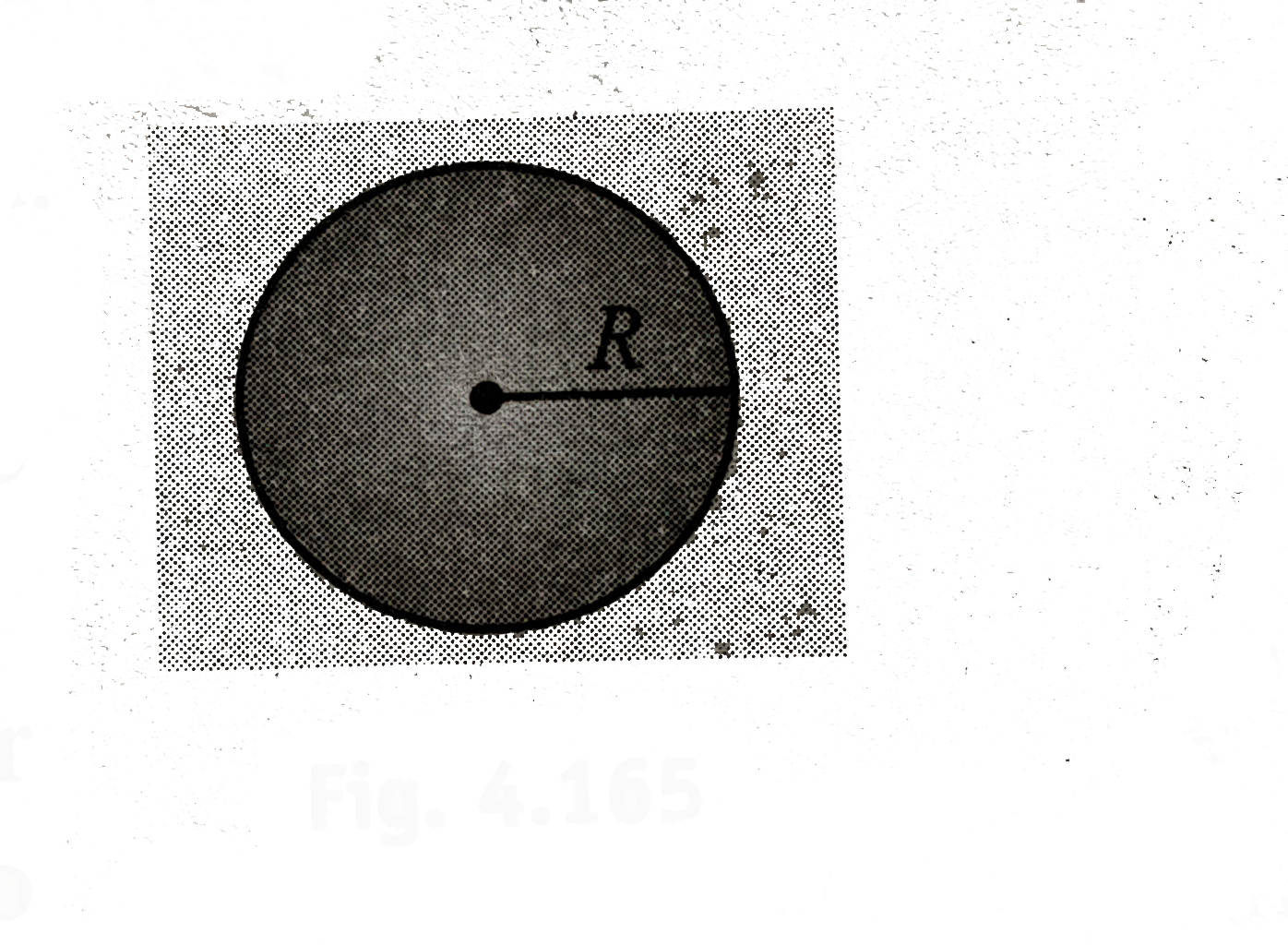A body immersed in a liquid will rise to the surface if the buoyant force acting on it is
greater than its actual weight
less than its actual weight
equal to its actual weight
equal to zero
The correct Answer is:A
To answer the question, "A body immersed in a liquid will rise to the surface if the buoyant force acting on it is," we can follow these steps:
1. Understand the Concept of Buoyant Force:
- Buoyant force is the upward force exerted by a fluid on an object that is immersed in it. This force is equal to the weight of the fluid displaced by the object.
2. Compare Buoyant Force and Weight:
- For an object to rise to the surface of a liquid, the buoyant force acting on it must be compared to the weight of the object. The weight of the object is the force due to gravity acting on it.
3. Condition for Rising:
- If the buoyant force is greater than the weight of the object, the net force acting on the object will be upwards, causing it to rise to the surface.
4. Conclusion:
- Therefore, a body immersed in a liquid will rise to the surface if the buoyant force acting on it is greater than its actual weight.
Final Answer:
A body immersed in a liquid will rise to the surface if the buoyant force acting on it is greater than its actual weight.
---
- Buoyant force is the upward force exerted by a fluid on an object that is immersed in it. This force is equal to the weight of the fluid displaced by the object.
- For an object to rise to the surface of a liquid, the buoyant force acting on it must be compared to the weight of the object. The weight of the object is the force due to gravity acting on it.
- If the buoyant force is greater than the weight of the object, the net force acting on the object will be upwards, causing it to rise to the surface.
- Therefore, a body immersed in a liquid will rise to the surface if the buoyant force acting on it is greater than its actual weight.
A body immersed in a liquid will rise to the surface if the buoyant force acting on it is greater than its actual weight.
Topper's Solved these Questions
- FORCES AND ITS TYPES (FRICTIONAL FORCE, GRAVITATIONAL FORCE, THRUST AND PRESSURE)BOOK - AGRAWAL EXAM CART BIHARCHAPTER - FORCES AND ITS TYPES (FRICTIONAL FORCE, GRAVITATIONAL FORCE, THRUST AND PRESSURE)EXERCISE - JNV Previous Years (2007-2020) Questions
25 Videos
- CHEMICAL EFFECTS OF ELECTRIC CURRENT AND ELECTROPLATING BOOK - AGRAWAL EXAM CART BIHARCHAPTER - CHEMICAL EFFECTS OF ELECTRIC CURRENT AND ELECTROPLATING EXERCISE - Important Question
65 Videos
- JAWAHAR NAVODAYA VIDYALAYA ENTRANCE EXAM SOLVED PAPER 2021BOOK - AGRAWAL EXAM CART BIHARCHAPTER - JAWAHAR NAVODAYA VIDYALAYA ENTRANCE EXAM SOLVED PAPER 2021EXERCISE - SECTION - IV (GENERAL SCIENCE)
14 Videos
Similar Questions
Knowledge Check
Statement-1: A block is immersed in a liquid inside a beaker which is falling freely buoyant force acting on block is zero.
Statement-2: In case of freely falling liquid there is no pressure difference between any two points._E01_151_Q01.png) AStatement-1, is true, Statement-2 is true, Statement-2 is correct explanation for statement-1BStatement-1 is true, statement-2 is true, statement-2 is NOT a correct explantion for statement-1Cstatement-1 is true, statement-2 is falseDstatement-1 is false statement-2 is true
AStatement-1, is true, Statement-2 is true, Statement-2 is correct explanation for statement-1BStatement-1 is true, statement-2 is true, statement-2 is NOT a correct explantion for statement-1Cstatement-1 is true, statement-2 is falseDstatement-1 is false statement-2 is trueIf an object made of iron is immersed in water it displaces 8 kg of water how much is the buoyant force acting on the object in newton?(given g=10ms−2)
A50B60C70D80The buoyant force on a body acts in a
Avertically downward directionBvertically upward directionChorizontal directionDdirection between the horizontal and the vertical
How can you determine the buoyant force acting on an object ?
View SolutionA sphere is just immersed in a liquid. Find the ratio of hydrostatic force acting on top and bottom half of the sphere.

View SolutionName two factors on which the buoyant force acting on an object depends.
View Solution(a) A body weighs 10 N in air and 8 N when fully immersed in water. How much is the buoyant force acting on the body?
(b) Why are the buoys making the channel in a river are hollow spheres?
View SolutionWhen a body lighter than water is completely submerged in water, the buoyant force acting on it is found to be n times its weight. The specific gravity of the specific gravity of the material of the body is
View Solution
